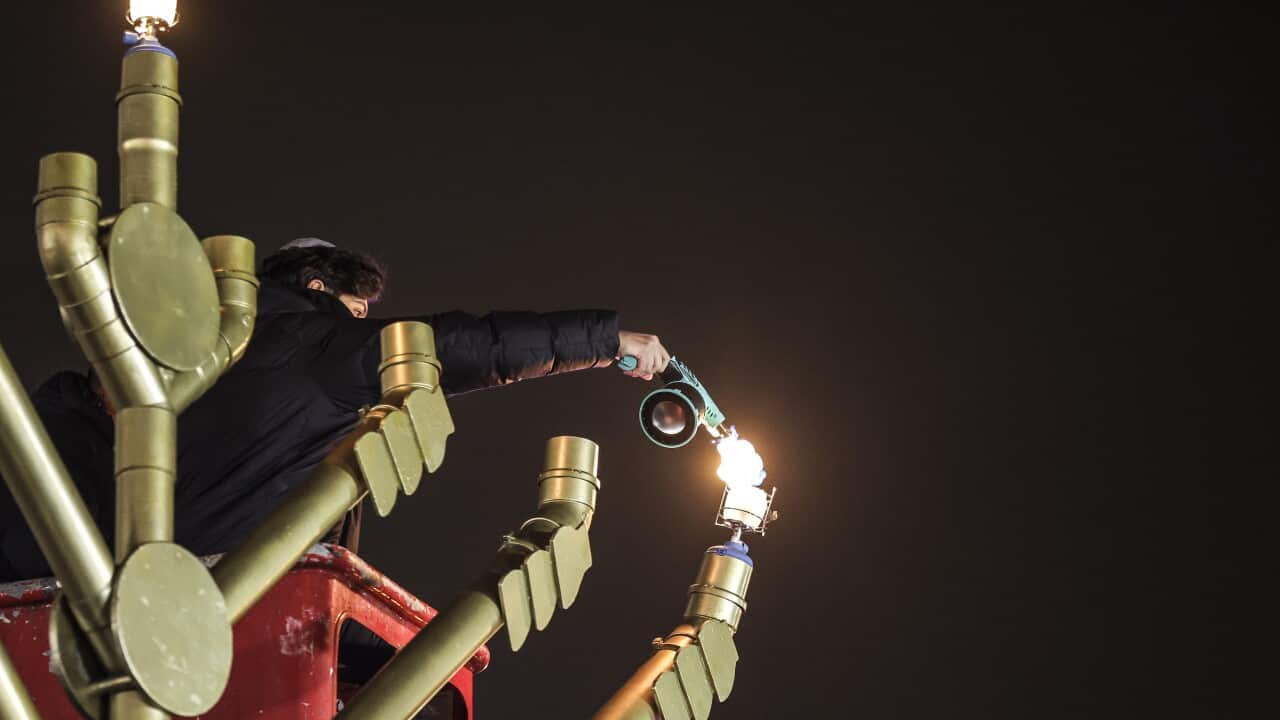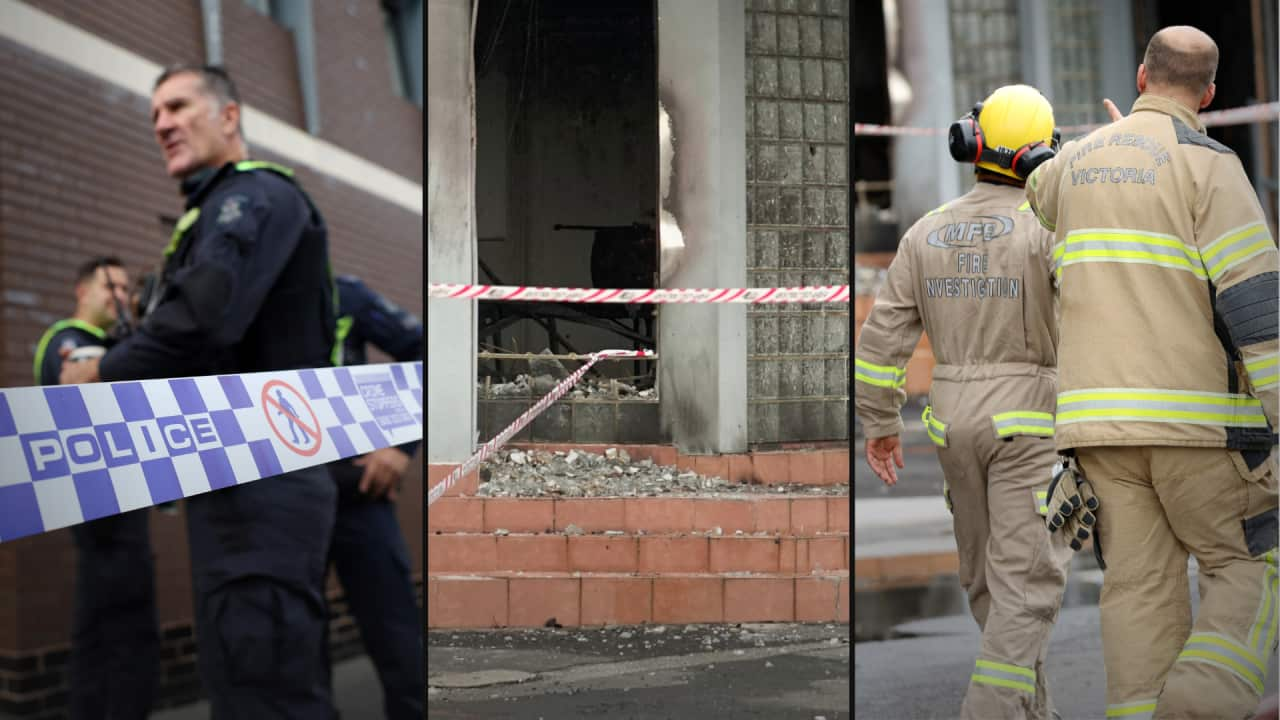In observance of Hanukkah, the Jewish community in Australia is "spreading the light".
For eight consecutive nights, Jews will gather with family and friends to light the candles of a nine-branch candelabra, or menorah.
As each candle is lit, a blessing is offered.
"It's about spreading the light, spreading the miracle, spreading the message of hope and religious freedom to the world," said Rabbi Aycee Abrahams, director and co-founder of Abrahams Tent and Soul Centre.
Just what the doctor ordered': Passover brings strength to Jews across Australia

'Just what the doctor ordered': Passover brings strength to Jews across Australia
"Traditionally, you're supposed to light your menorah by a doorway or by a window so that people in the street can see it."
This year, , Prime Minister Anthony Albanese has urged the Jewish diaspora to "light the Menorah with pride" to "give the very real hope of brighter times to come".
What is Hanukkah?
Hanukkah celebrates the survival of the Jewish people.
In about 200 BC, Jewish people were banned by the Seleucid Greek Empire from practising their faith.
Eventually, they rebelled and forced the king and his soldiers out of the Middle Eastern territory, reclaiming the temple in Jerusalem.
The Western Wall — a site of high religious significance and a popular tourist attraction — was part of the temple complex of this period.
The temple was blessed and cleansed for re-dedication. But when it came to lighting the temple's menorah, there was only enough oil to last one night.

The Western Wall or "Wailing Wall" in the Old City of Jerusalem is a remnant of the retaining wall that once surrounded the Second Temple. Source: AAP / Abir Sultan
"To celebrate Hanukkah is to celebrate a twofold miracle," Rabbi Abrahams said.
"One is the military victory. The fact that the Maccabees took on a massive mighty army was able to defeat them.
"The other is the oil that … managed to last for eight full days."
When is Hanukkah celebrated?
Hanukkah is observed for eight nights and days, starting on the 25th day of the Hebrew calendar month of Kislev, which may occur at any time from late November to late December in the Gregorian calendar.
This year, Hanukkah began at sundown on 25 December and will last until sundown on 2 January. It's the first time since 2005 that the beginning of Hanukkah has coincided with Christmas Day.
In the Jewish calendar, Hanukkah is of relatively minor religious significance, compared with holidays such as Passover or Yom Kippur (the Day of Atonement), the holiest day of the Jewish year.
Still, Hanukkah has attained major cultural significance in North America and elsewhere, especially among secular Jews, due to often occurring around the same time as Christmas during the festive season.
Why is it celebrated?
In a traditional sense, Hanukkah is about kindling the menorah.
"Hanukkah is a time where we take a moment of introspection and reflection and try and draw inspiration from the lights of the Menorah," Rabbi Gabi Kaltmann of the Ark Centre in Melbourne's Hawthorn East explains.
"Whilst there are many branches on the Menorah, we all come from the same stem. We're all equal, we are all united," he said.
Kaltmann is behind the Pillars of Light celebration in Melbourne's Federation Square which seeks to unite faiths and cultures through the message of Hanukkah.
"This is what we're about, finding unity and camaraderie in our heritage and our traditions.
"It will take a little bit of courage for some people, but we are coming out really united and really powerfully."
How is it celebrated?
Each night of Hanukkah, a candle on the nine-branch menorah is lit to symbolise the days the oil burned during the holy temple.
One branch is typically placed above or below the others and its candle is used to light the other eight candles. This unique candle is called the shammash, or "attendant".
Throughout the eight days of Hanukkah, people typically eat oily or fried foods to symbolise the oil that was burnt. Some of the most common foods are potato latkes (potato pancakes) and sufganiyot (stuffed jelly doughnuts).
It's also traditional to play games with small spinning tops known as dreidels.










